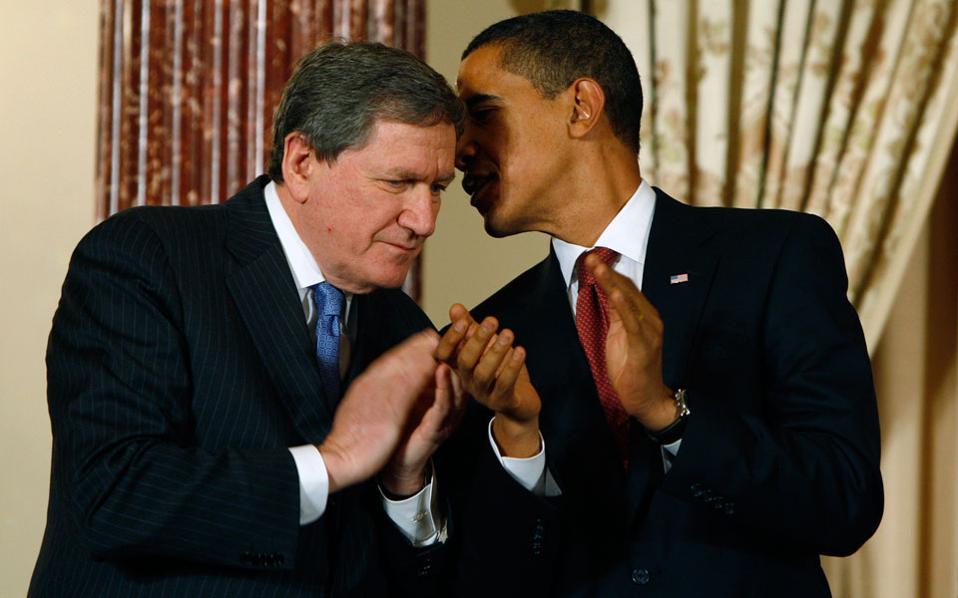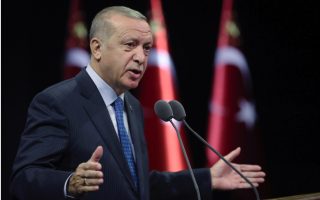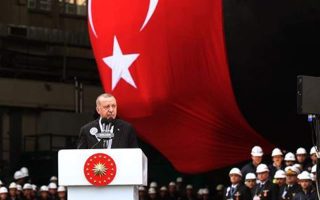The absence of a Richard Holbrooke

A lot is being said and written about America’s stance in the recent Greek-Turkish crisis. The discussion is mainly about how Washington could be more effective if it were not for US President Donald Trump’s particular approach and how the superpower’s withdrawal from the region has created a vacuum that Germany is attempting to fill, especially as it holds the rotating European Union presidency.
Some argue that if Democratic candidate Joe Biden were president, he would have already stepped in to help defuse the situation.
In any case, the agreement signed a few days ago in the Oval Office by the leaders of Serbia and Kosovo was a reminder of Washington’s clout and how effective American mediation can be in tension hotspots all over the world. The escalating crisis between Athens and Ankara is one such hotspot.
More particularly, this important step in untying the Balkan Gordian knot of Serbia and Kosovo was a reminder of the significant contributions of the late Richard Holbrooke. The top American diplomat may have irked a lot of people, even within the State Department, but he planned carefully, applied pressure and even issued threats, to the degree that was deemed necessary, and proved effective.
His skills and personality gave him a lot more power than his position as assistant secretary of state would suggest. His diplomatic influence and negotiating skills, in combination with the personal interest and absolute support he enjoyed from the leader of the only superpower, allowed Holbrooke to get results.
In the Balkans, he knew the issues, the key players, and how to act, something he proved with the Dayton Accords in 1995 and the Athens-Skopje Interim Agreement two months earlier, but also with the Greek-Turkish crisis of 1996 over Imia.
Despite Recep Tayyip Erdogan’s attitude, Holbrooke may have been able to find a way to handle the Turkish president and, by becoming intensely and personally involved through his own shuttle diplomacy, to arrive at a complex agreement with benefits for both sides, which, with the right presentation, could have paved the way for a thaw.
The “Bulldozer” – also described by some as the Democrats’ Henry Kissinger – had the clout, the access and the knowledge of the region – and Turkey in particular – to carry out a successful American mediation between the two NATO allies. Is there anyone around today who can meet this challenge?





